Coffee lovers may face steeper prices for their favorite brew as the cost of premium arabica beans has surged to its highest level since 2011.
Recent futures trading data shows arabica prices climbing to $2.6475 per pound in New York, marking a significant increase of about 40% this year. The rise in prices is driven by ongoing supply disruptions and increased demand for arabica due to shortages of the less expensive robusta beans.
The surge in arabica prices is largely attributed to persistent issues in Brazil, a leading producer of coffee. The country is finishing its 2024-25 harvest, but production has been hampered by extreme heat and dryness, which have adversely affected coffee fields. Brazil is currently facing its most severe drought in decades, raising concerns about potential damage to next season’s crop.
The impact of the coffee price increase is already visible across various segments of the supply chain. JM Smucker Co., known for brands like Folgers and Café Bustelo, has raised its prices in response to higher bean costs. In the UK, restaurant chain Pret A Manger has discontinued its coffee subscription service, which allowed customers up to five drinks per day.
The coffee price rally is part of a broader trend affecting various beverages. Orange juice prices have also risen due to production issues, and cocoa futures have hit record highs, increasing costs for chocolate products. However, prices for other major food staples, such as grains, remain relatively stable, which may help temper overall food inflation.
The rise in coffee prices is a result of a combination of factors. In 2021, a severe frost devastated coffee crops in Brazil, leading to a shift in demand towards robusta beans from countries like Vietnam. However, Vietnam has faced its own challenges, including a severe drought and a shift by farmers towards more lucrative durian fruit. This has exacerbated the shortage of robusta beans, further driving up the demand and price for arabica.
Market analysts note that the current price of arabica beans is historically high. Judy Ganes, an industry expert, attributes the spike to a mix of poor crop yields, market dynamics, and other factors affecting the supply chain. Although the cost of beans contributes only a small fraction of the total price of a cup of coffee, the higher bean prices are expected to impact retail prices, particularly for lower-quality coffee.
Despite the high market prices, some industry experts believe that the impact on retail coffee prices may vary. Felipe Barretto Croce, CEO of FAFCoffees in Brazil, suggests that while consumers are feeling the effects of rising prices, broader inflationary factors are also at play. He notes that specialty coffee might offer better value compared to other options due to the relatively smaller price difference.
Looking ahead, the upcoming spring crop in Brazil is critical for stabilizing coffee prices. If favorable weather conditions return, there is potential for improved crop yields. However, ongoing climate change poses a long-term threat to coffee production, with studies suggesting a significant reduction in suitable coffee-growing areas by 2050. To mitigate future risks, some advocate for sustainable practices and investments in regenerative agriculture to support long-term coffee production viability.
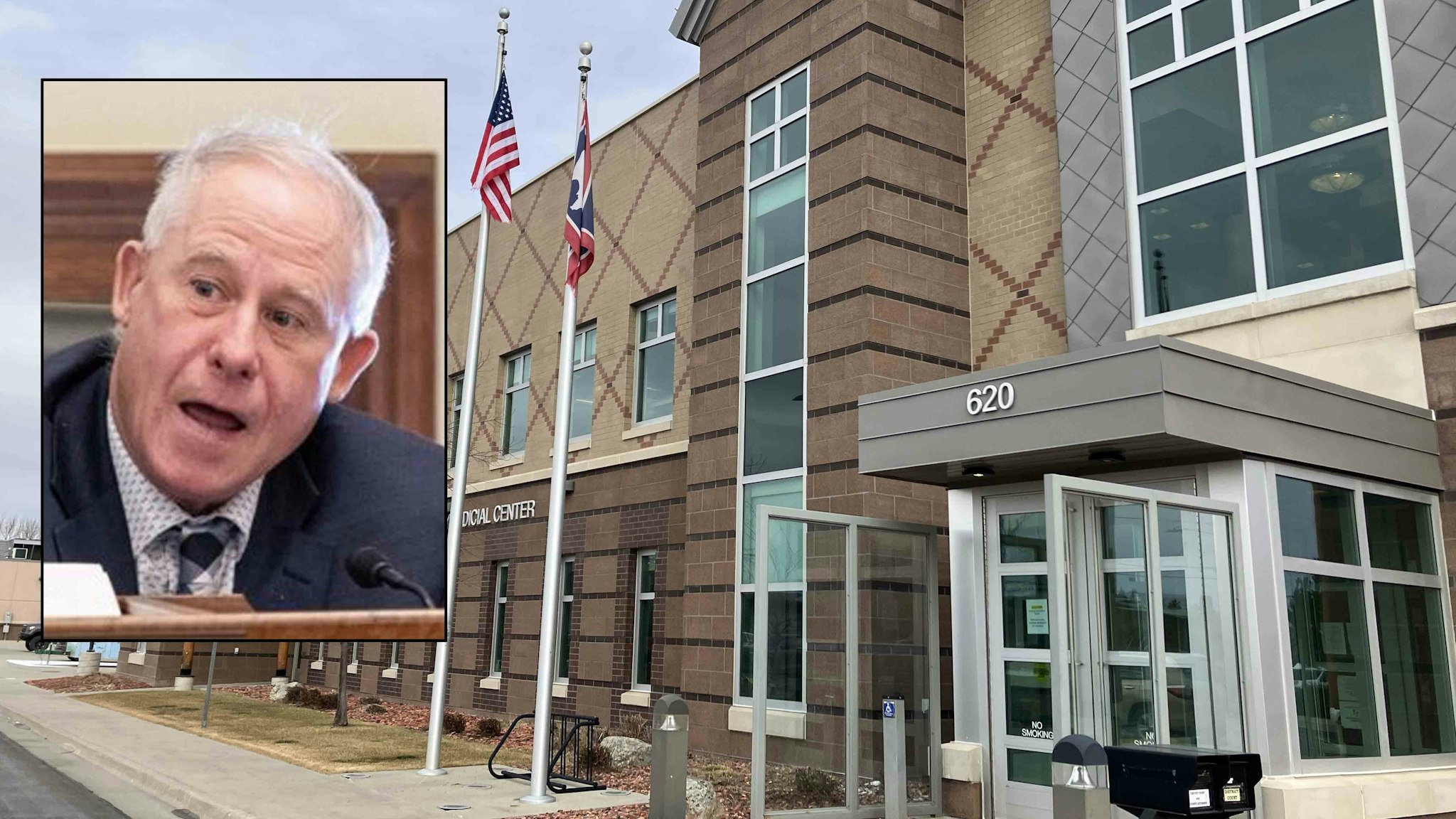

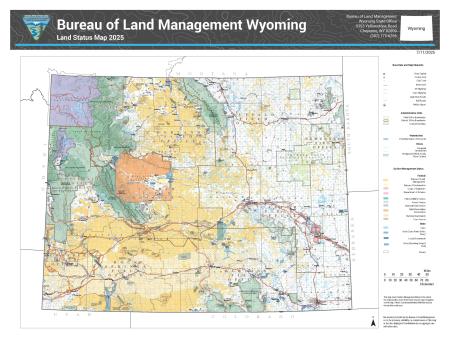
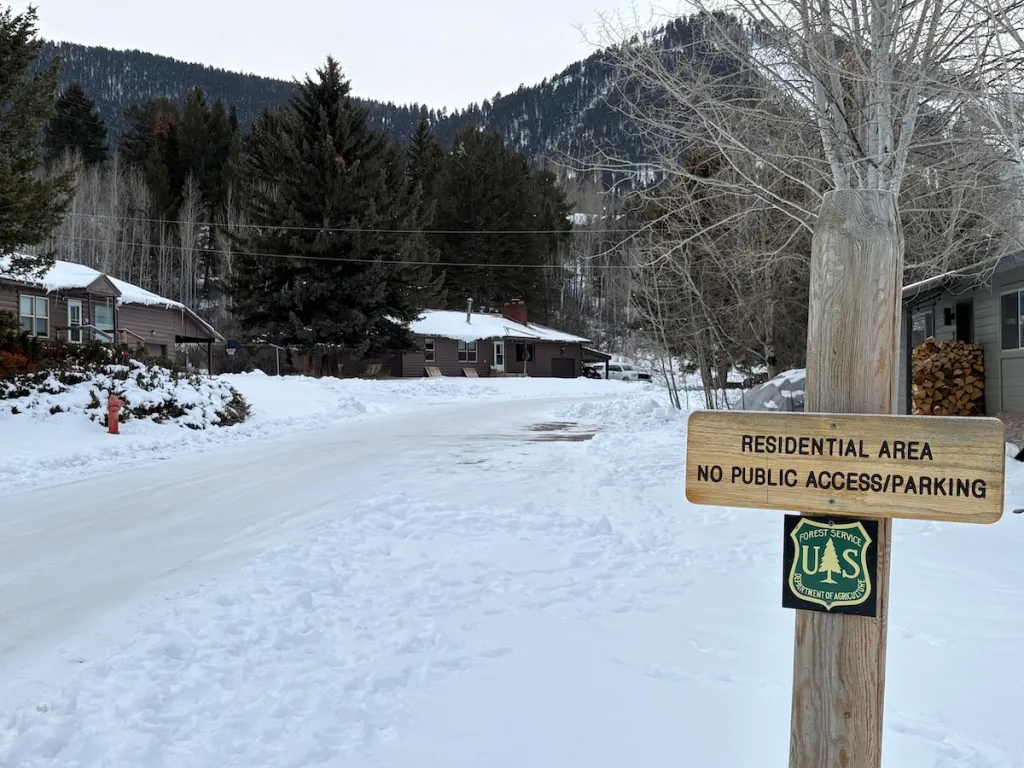
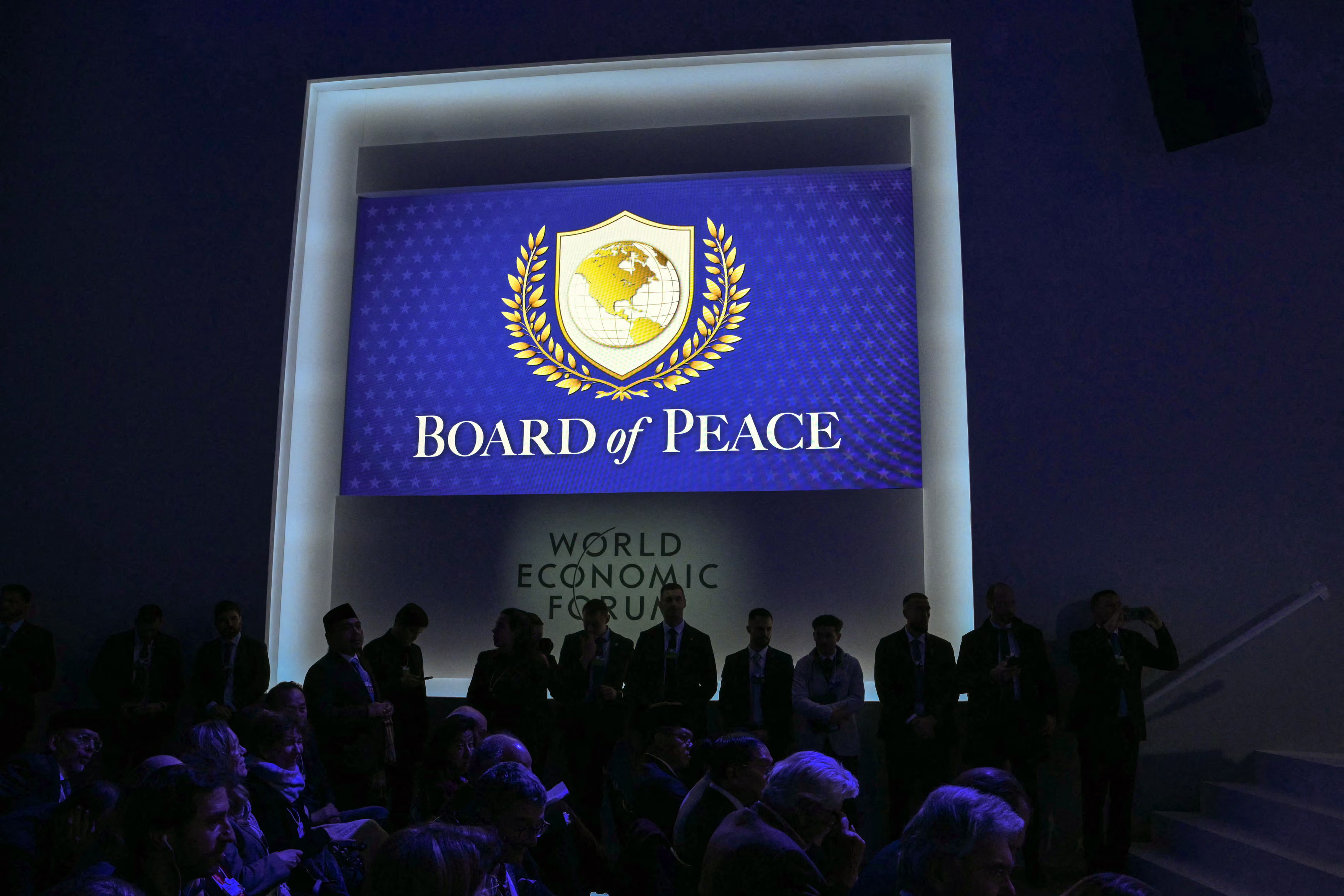
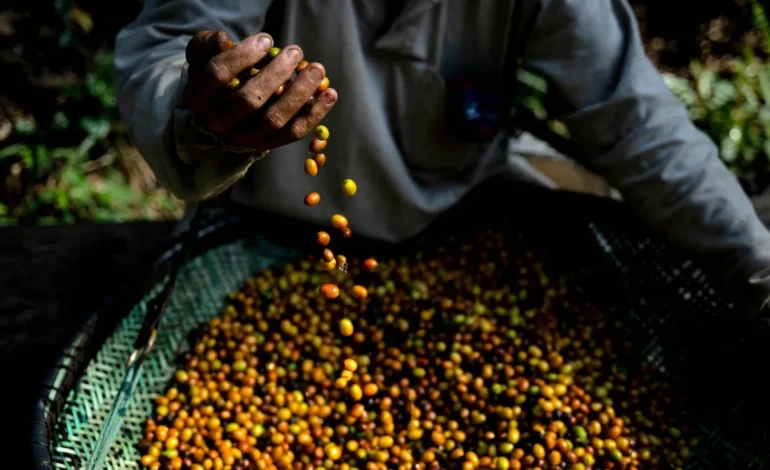




The latest news in your social feeds
Subscribe to our social media platforms to stay tuned